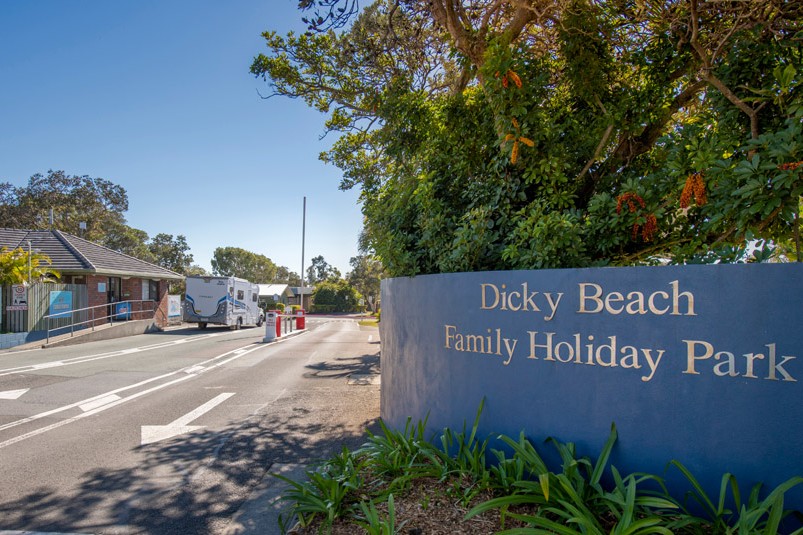
Sunshine Cost Holiday Parks Dicky Beach
Residents of the Sunshine Coast have expressed growing concerns over proposed changes to caravan park management that could significantly impact permanent residents. This comes as the Sunshine Coast Council considers altering arrangements at Dicky Beach Holiday Park, raising fears among residents about potential loss of affordable housing options.
Robyn Deane from Nambour voiced her apprehension, questioning whether the council considered the needs of permanent residents or merely focused on budgetary concerns. “How unfair of the Sunshine Coast Council to want to change the arrangements for the permanent residents. Why should they lose on their investment in a permanent home?” she asked, highlighting the potential financial impacts on seniors who may need to transition to aged care.
Impact of Management Changes
The proposed changes involve the management of caravan parks being handed over to a single, profit-driven company, which has sparked criticism from residents like Jeniffer Ellem. She argues that this monopoly has led to increased fees and decreased maintenance, with essential amenities being removed to cut costs.
“Fees have gone up to unaffordable levels for most families, maintenance has gone down,” Ellem noted, pointing out the demolition of an amenities block at Cotton Tree as a cost-saving measure. She called for a thorough investigation into the management contracts and conditions, questioning the rationale behind awarding a monopoly to one operator.
Broader Housing and Economic Concerns
Meanwhile, Col Pickering highlighted that the issue extends beyond the Sunshine Coast, affecting caravan parks across Queensland. He emphasized that residents often face challenges due to not owning the land their homes are on, with leases typically renewed annually without compensation for displaced residents.
The broader housing crisis on the Sunshine Coast exacerbates these concerns. As communities like Nambour struggle with homelessness, residents argue that reducing permanent caravan sites is counterproductive. “Is now really a good time to remove affordable housing from the market?” Deane asked.
Community Voices and Future Implications
The debate over caravan park management is part of a larger conversation about development and community needs on the Sunshine Coast. Lynette Saxton from Yaroomba expressed skepticism over a separate tourism project, questioning the lack of community consultation and potential environmental impacts.
Similarly, Paul Keating and Peta Sleeman have differing views on the proposed Coochin Fields development, illustrating the complex balance between economic growth and environmental preservation. Keating advocates for preserving natural spaces, while Sleeman supports the development for its potential economic benefits.
Calls for Council Action
John Hunt from Forest Glen criticized the council’s handling of caravan parking issues, urging local authorities to demonstrate leadership and decisiveness. “Isn’t it time to demand our council stop kicking the can down the road and show some leadership and decisiveness?” he asked.
As the community awaits the council’s next move, the situation underscores the need for transparent decision-making and community engagement. The outcome of these debates will have lasting implications for the region’s housing landscape and economic development.
Residents like Jenny Paterson from Victoria also highlighted the high costs of caravan parks, warning that continued price hikes could deter tourists, affecting local businesses.
Looking Ahead
As the Sunshine Coast grapples with these complex issues, the community’s response will play a crucial role in shaping future policies. The council faces pressure to balance economic interests with the needs of residents, ensuring that affordable housing remains accessible amid ongoing development.
The unfolding situation serves as a reminder of the importance of community involvement in local governance, as residents continue to advocate for fair and equitable solutions.







